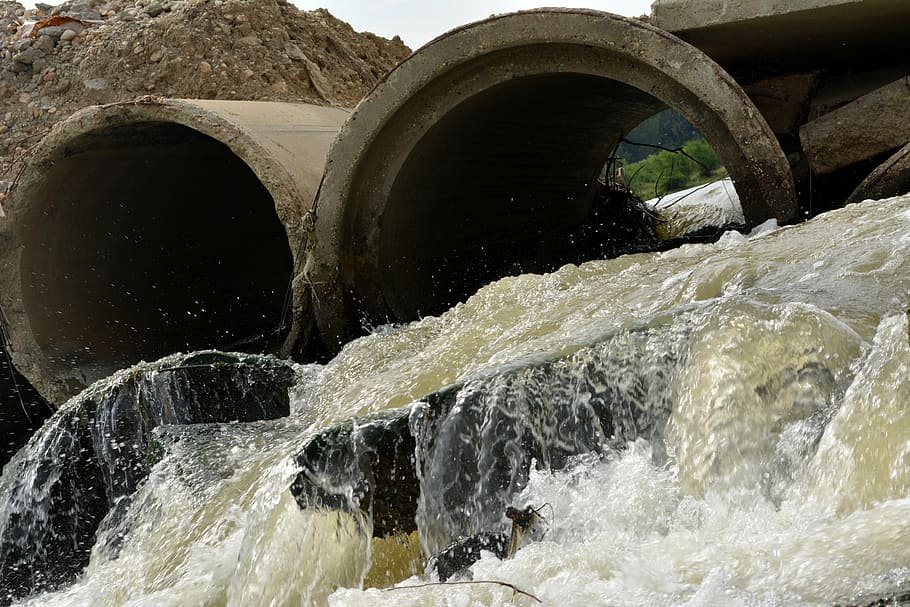According to a recent report by the British newspaper Mirror, executives of water companies accused of unlawfully disposing of sewage in rivers and seas on dry days have come under scrutiny for their substantial salaries. Despite allegations of environmental wrongdoing, these top executives pocketed a combined £3.4 million in salaries during the last fiscal year.
Sarah Bentley, the outgoing CEO of Thames Water, emerged as the highest earner among them, with a staggering £2 million in salary and bonuses for the year 2021-22. Wessex boss Colin Skellett followed closely behind, with earnings totaling £982,000 over the same period. Meanwhile, Southern Water Chief Executive Laurence Gosden received £427,000 according to the firm’s annual accounts.
These revelations come at a time when Environment Secretary Therese Coffey faces calls to resign if her department is found to have violated sewage discharge laws. While water companies are permitted to release untreated wastewater under specific circumstances, such as heavy rainfall, it is strictly illegal to dump untreated sewage into rivers and seas during dry weather, as it lacks the natural dilution effect of rainwater.
The Office for Environmental Protection (OEP) has recently identified “possible failures to comply with environmental law” by the government concerning combined sewer overflows (CSOs). CSOs are designed to be used only after unusually heavy rainfall to prevent the sewage system from overflowing and causing flooding. However, the OEP has raised concerns that Defra, the Environment Agency (EA), and Ofwat may have “misinterpreted” the law, allowing water companies to pollute England’s waterways outside of these exceptional circumstances. An ongoing investigation seeks to delve deeper into these allegations.
A recent BBC investigation found that the three companies in question—Thames, Wessex, and Southern Water—were responsible for a combined 3,500 hours of sewage spills on dry days in 2022. These spills, including those on July 19, 2022, the hottest day on record, have sparked public outrage. Other water companies refused to disclose data due to ongoing criminal investigations by the Environment Agency.
Labour has called for automatic fines to hold accountable companies that breach sewage disposal laws and has placed blame for the growing sewage scandal on the Tory government. Steve Reed, the newly appointed Shadow Environment Secretary, remarked, “There can be no more damning metaphor for 13 years of Conservative failure than stinking, toxic sewage lapping up on our rivers, lakes, and seas.”
Matthew Topham, the lead campaigner at public ownership campaign group We Own It, pointed out that the privatization of water companies has allowed shareholders and bosses to profit while neglecting essential infrastructure. He emphasized that public ownership could lead to more responsible investment in lowering bills and preventing sewage overflows.
Despite these allegations, Wessex Water disputed the BBC report’s claims, attributing some spills to groundwater forcing sewage to overflow. Southern Water also characterized “dry spills” as a complex issue, potentially caused by groundwater entering the system. Thames Water emphasized its commitment to working with regulators to address sewage discharges, considering all such discharges of untreated sewage as unacceptable, and planning investments in sewage treatment facilities.
As investigations continue into these allegations, public scrutiny of the water industry’s practices and executive compensation remains high, with calls for greater accountability and environmental responsibility.










